The MAC held its first virtual meeting on February 8 on the topic “Making the Business Case for Maternity APMs with MAC members from all stakeholder groups attending. Brooks Daverman, Director of Strategic Planning and Innovation at the Tennessee Division of Health Care Finance and Administration (TennCare), shared his state’s experiences related to the decision to pursue episode-based payment and the costs of designing and implementing the episodes.
Some highlights from the session include:
- When making “the pitch” to senior leadership, Daverman stressed the importance of articulating that it can take several years to move from an idea to seeing results with episodes, with a likely timeframe of 6 months designing the episode, 6 months implementing, 6 months in a preview period, and 1 year in the performance period with a 6-month wait for claims data (on which to evaluate the results) due to the claims data collection lag.
- Tennessee aimed to launch a model that would cover the full spectrum of care that a patient needs, from primary and preventive, to acute and specialty. Thus, they decided to design both an episode model and a patient-centered medical home model, to work in a complimentary fashion. In this scenario, it was more important to create a model that made sense for the state’s goals and demographics, and less important to have a deep evidence base for maternity care episode payment.
- The state found that by reimbursing maternity care via an episode model, providers are motivated to increase the use of underutilized services, such as early and frequent prenatal care, and avoid over-utilized services, such as avoidable emergency room use or unnecessary imaging studies.
- Tennessee’s top-line analytics indicate a savings. The average cost of an episode dropped by $224 between 2014 and 2015, which is a 3.4% reduction and significant given that TennCare has a high volume of maternity patients, and Medicaid covers half of the births in the state.
MAC members engaged in the discussion by asking their own questions, and a summary of the entire session is available on the MAC web portal. The draft Making the Business Case brief was also reviewed during this session, and members provided their feedback, with suggestions to include more information on upfront costs and information on other APMs – such as blended case rates for maternity – in order to allow a comparison of investment costs and ROI between episodes and other APMs. The finalized Making the Business Case brief, with participant feedback incorporated, will be posted on the MAC web portal.
The next virtual convening session on Quality Measurement will be held on Friday, March 3, from 1:00 – 2:30 pm ET. To find more information about this session, please visit the events page on the MAC web portal.

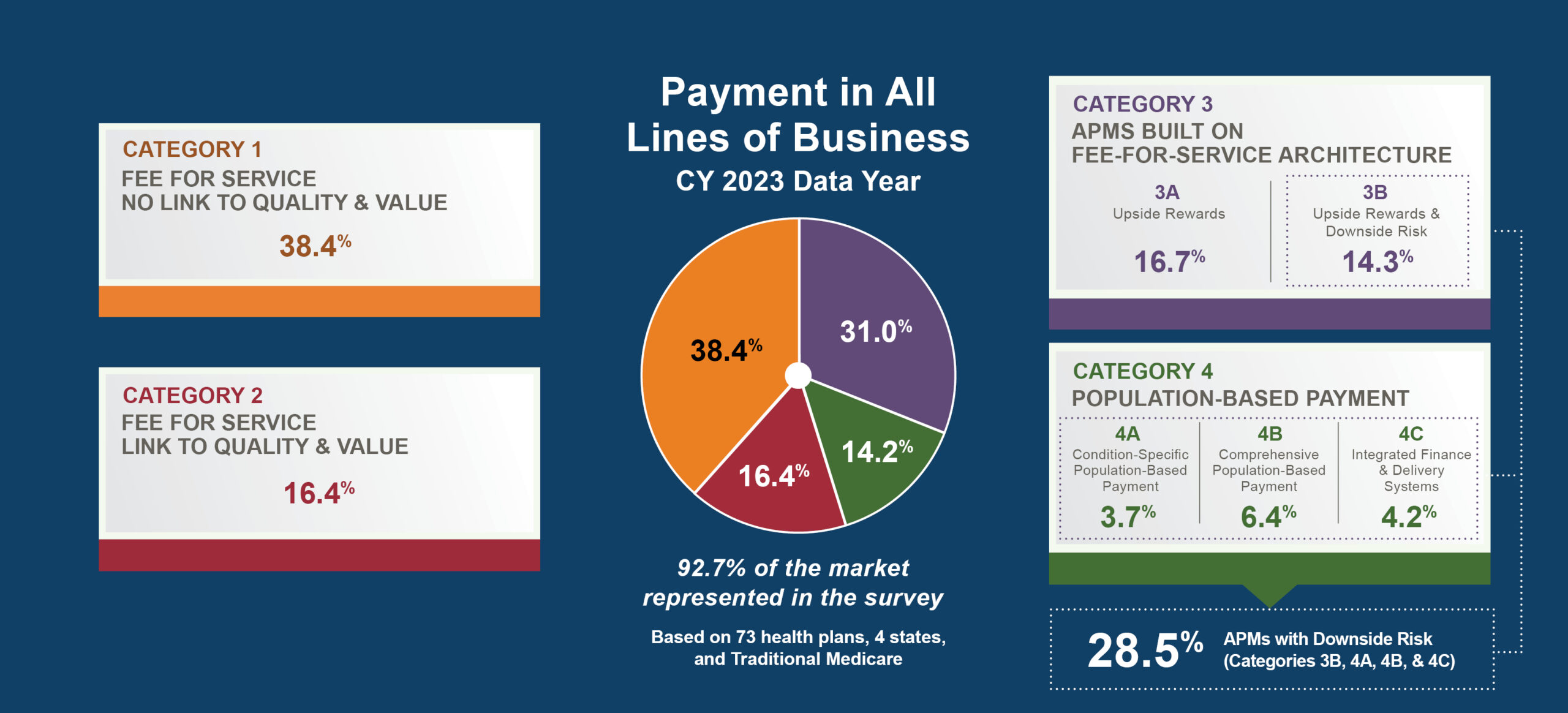
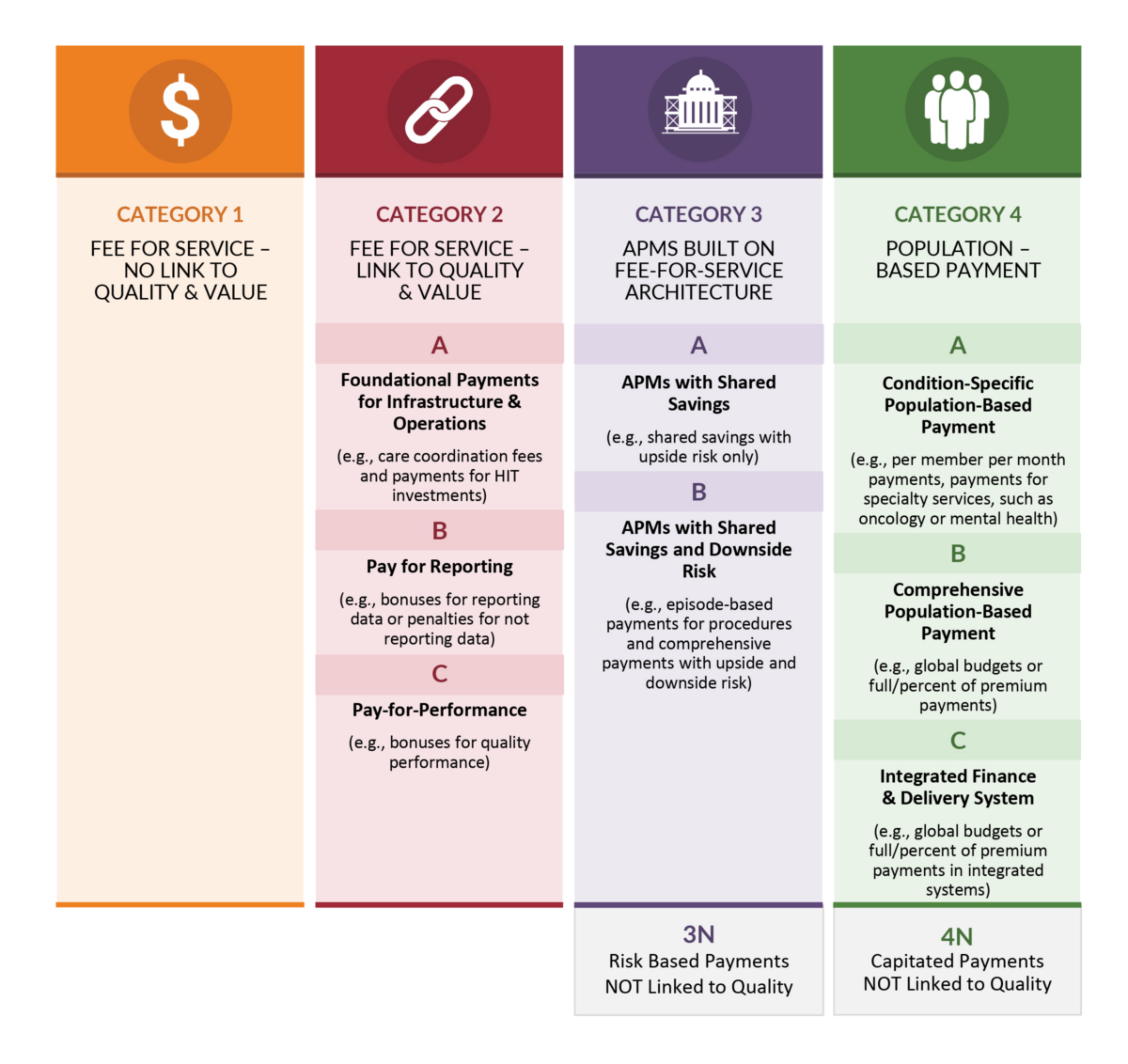

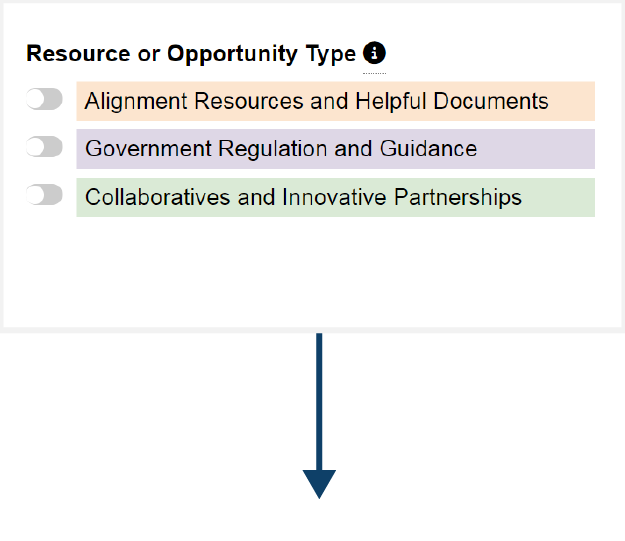
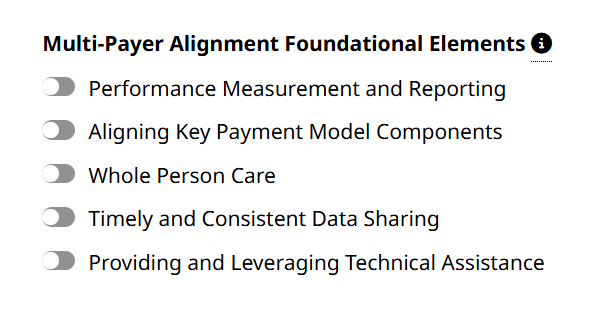

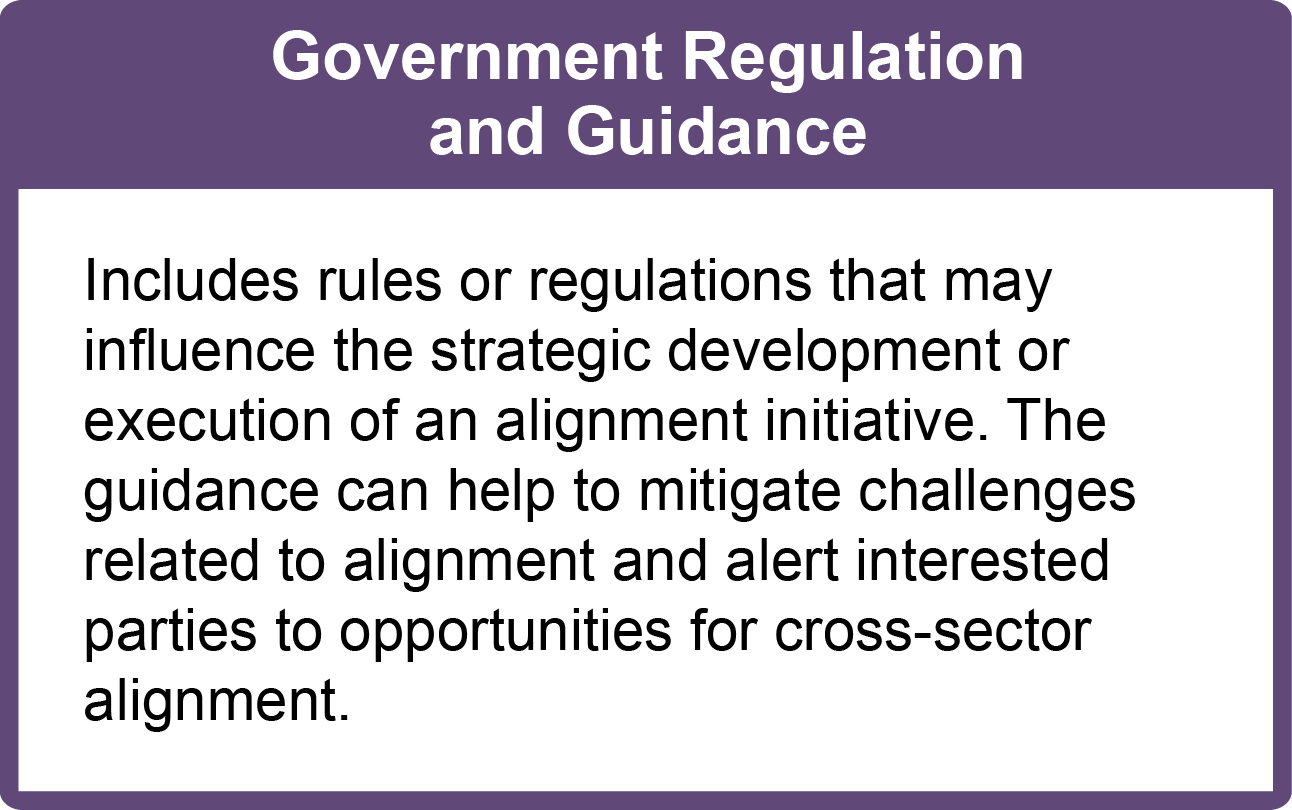
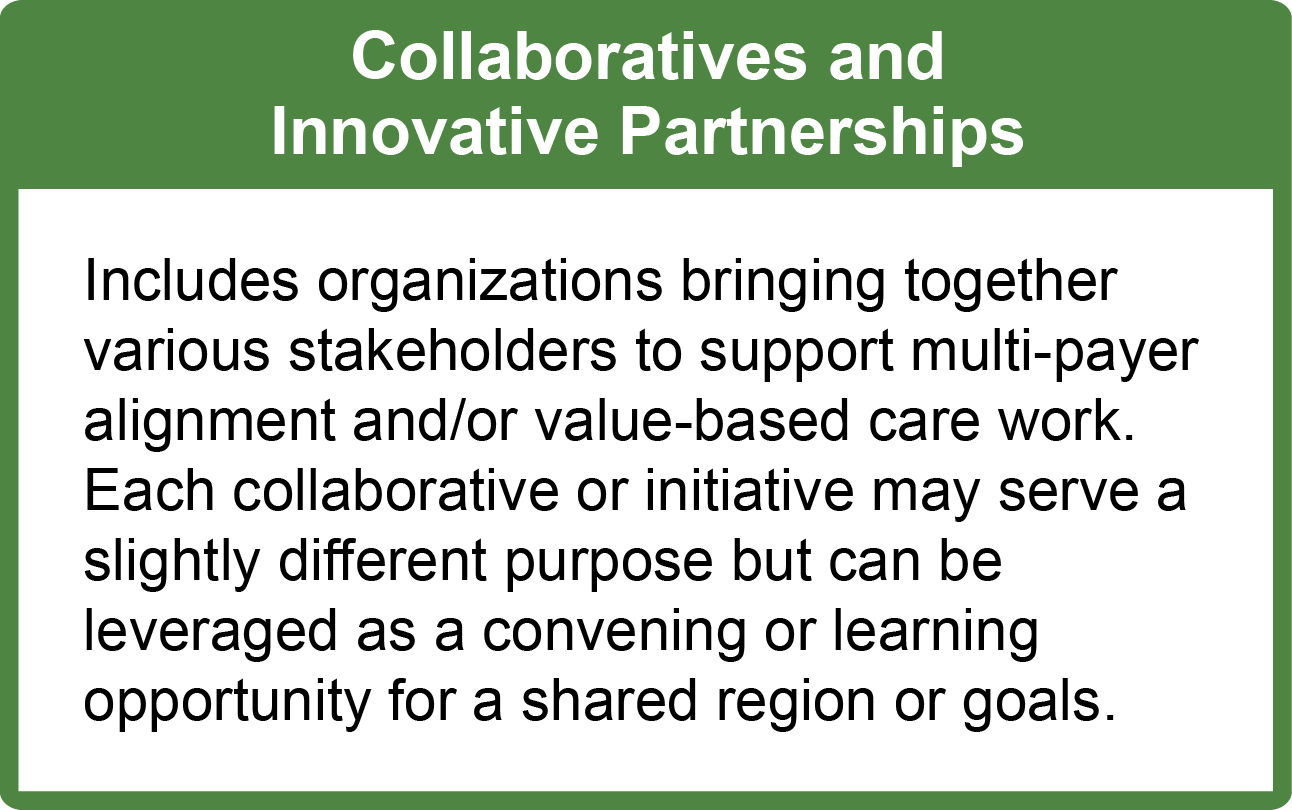

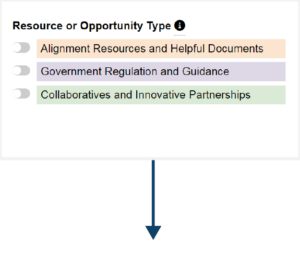
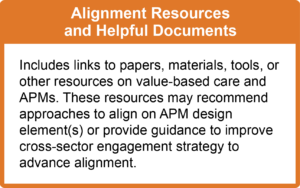


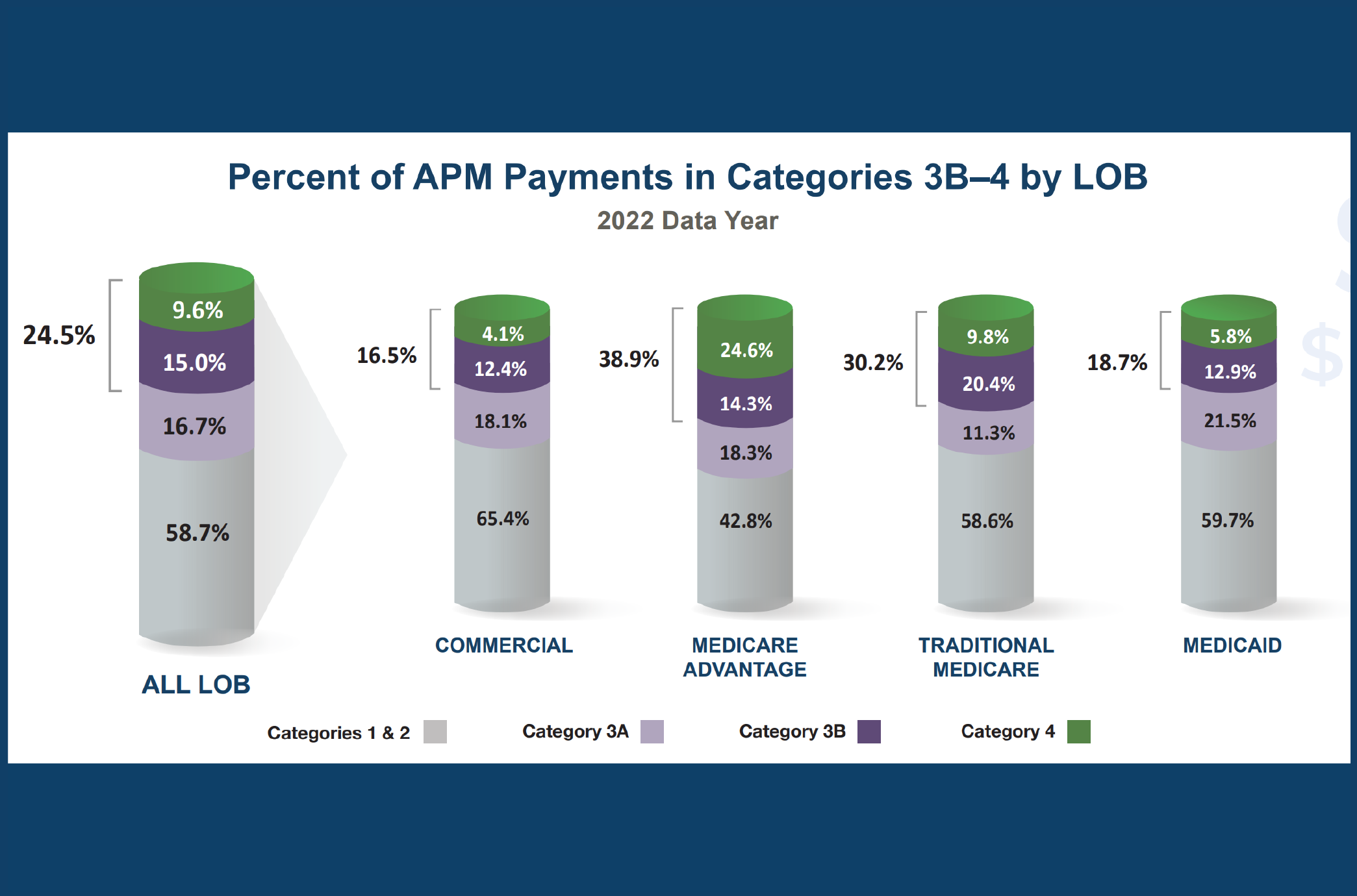
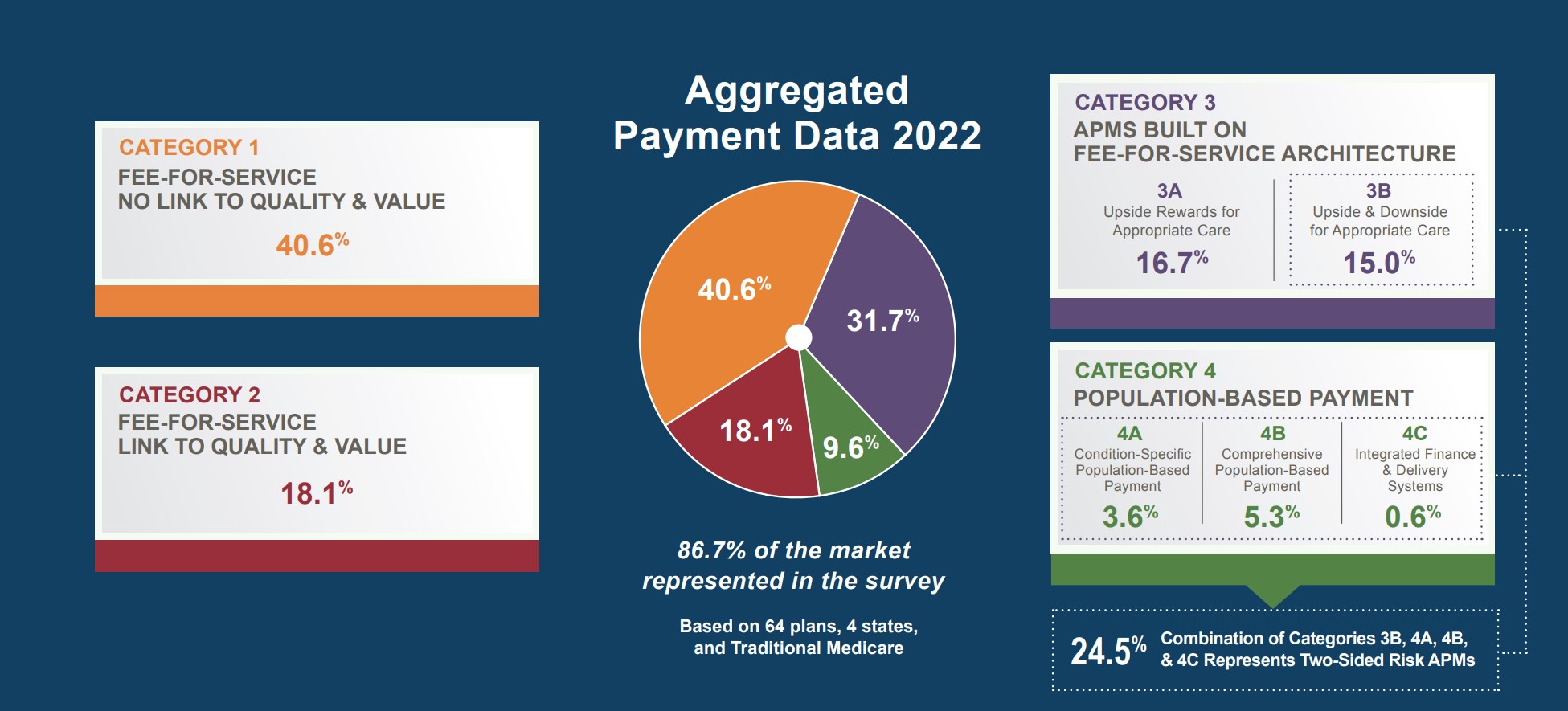
 Emily DuHamel Brower, M.B.A., is senior vice president of clinical integration and physician services for Trinity Health. Emphasizing clinical integration and payment model transformation, Ms. Brower provides strategic direction related to the evolving accountable healthcare environment with strong results. Her team is currently accountable for $10.4B of medical expense for 1.6M lives in Medicare Accountable Care Organizations (ACOs), Medicare Advantage, and Medicaid and Commercial Alternative Payment Models.
Emily DuHamel Brower, M.B.A., is senior vice president of clinical integration and physician services for Trinity Health. Emphasizing clinical integration and payment model transformation, Ms. Brower provides strategic direction related to the evolving accountable healthcare environment with strong results. Her team is currently accountable for $10.4B of medical expense for 1.6M lives in Medicare Accountable Care Organizations (ACOs), Medicare Advantage, and Medicaid and Commercial Alternative Payment Models. Victor is the Chief Medical Officer for TennCare, Tennessee’s Medicaid Agency. At TennCare, Victor leads the medical office to ensure quality and effective delivery of medical, pharmacy, and dental services to its members. He also leads TennCare’s opioid epidemic strategy, social determinants of health, and practice transformation initiatives across the agency. Prior to joining TennCare, Victor worked at Evolent Health supporting value-based population health care delivery. In 2013, Victor served as a White House Fellow to the Secretary of Health and Human Services. Victor completed his Internal Medicine Residency at Emory University still practices clinically as an internist in the Veteran’s Affairs Health System.
Victor is the Chief Medical Officer for TennCare, Tennessee’s Medicaid Agency. At TennCare, Victor leads the medical office to ensure quality and effective delivery of medical, pharmacy, and dental services to its members. He also leads TennCare’s opioid epidemic strategy, social determinants of health, and practice transformation initiatives across the agency. Prior to joining TennCare, Victor worked at Evolent Health supporting value-based population health care delivery. In 2013, Victor served as a White House Fellow to the Secretary of Health and Human Services. Victor completed his Internal Medicine Residency at Emory University still practices clinically as an internist in the Veteran’s Affairs Health System. Tamara Ward is the SVP of Insurance Business Operations at Oscar Health, where she leads the National Network Contracting Strategy and Market Expansion & Readiness. Prior to Oscar she served as VP of Managed Care & Network Operations at TriHealth in Southwest Ohio. With over 15 years of progressive health care experience, she has been instrumental driving collaborative payer provider strategies, improving insurance operations, and building high value networks through her various roles with UHC and other large provider health systems. Her breadth and depth of experience and interest-based approach has allowed her to have success solving some of the most complex issues our industry faces today. Tam is passionate about driving change for marginalized communities, developing Oscar’s Culturally Competent Care Program- reducing healthcare disparities and improving access for the underserved population. Tamara holds a B.A. from the University of Cincinnati’s and M.B.A from Miami University.
Tamara Ward is the SVP of Insurance Business Operations at Oscar Health, where she leads the National Network Contracting Strategy and Market Expansion & Readiness. Prior to Oscar she served as VP of Managed Care & Network Operations at TriHealth in Southwest Ohio. With over 15 years of progressive health care experience, she has been instrumental driving collaborative payer provider strategies, improving insurance operations, and building high value networks through her various roles with UHC and other large provider health systems. Her breadth and depth of experience and interest-based approach has allowed her to have success solving some of the most complex issues our industry faces today. Tam is passionate about driving change for marginalized communities, developing Oscar’s Culturally Competent Care Program- reducing healthcare disparities and improving access for the underserved population. Tamara holds a B.A. from the University of Cincinnati’s and M.B.A from Miami University.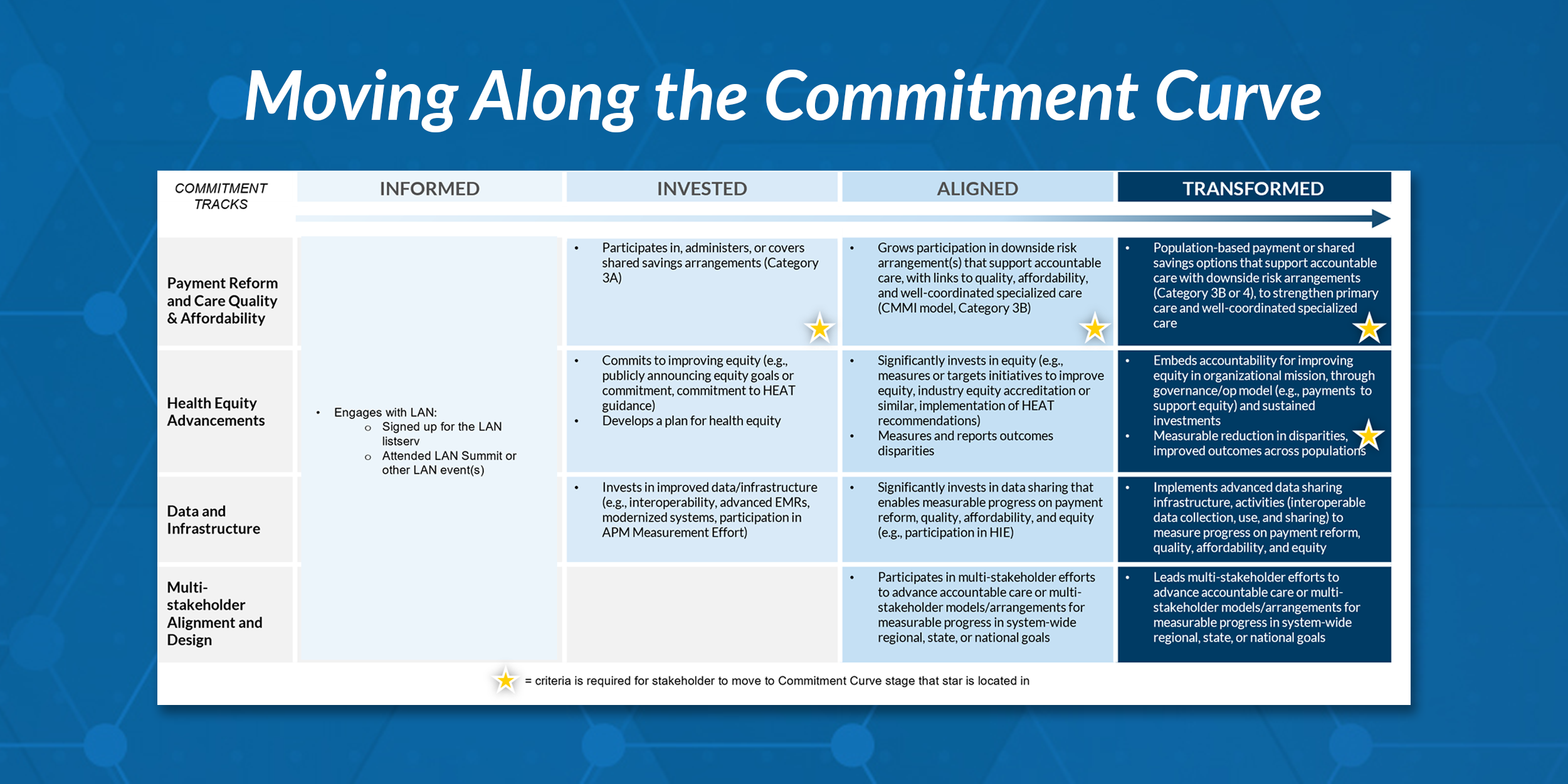
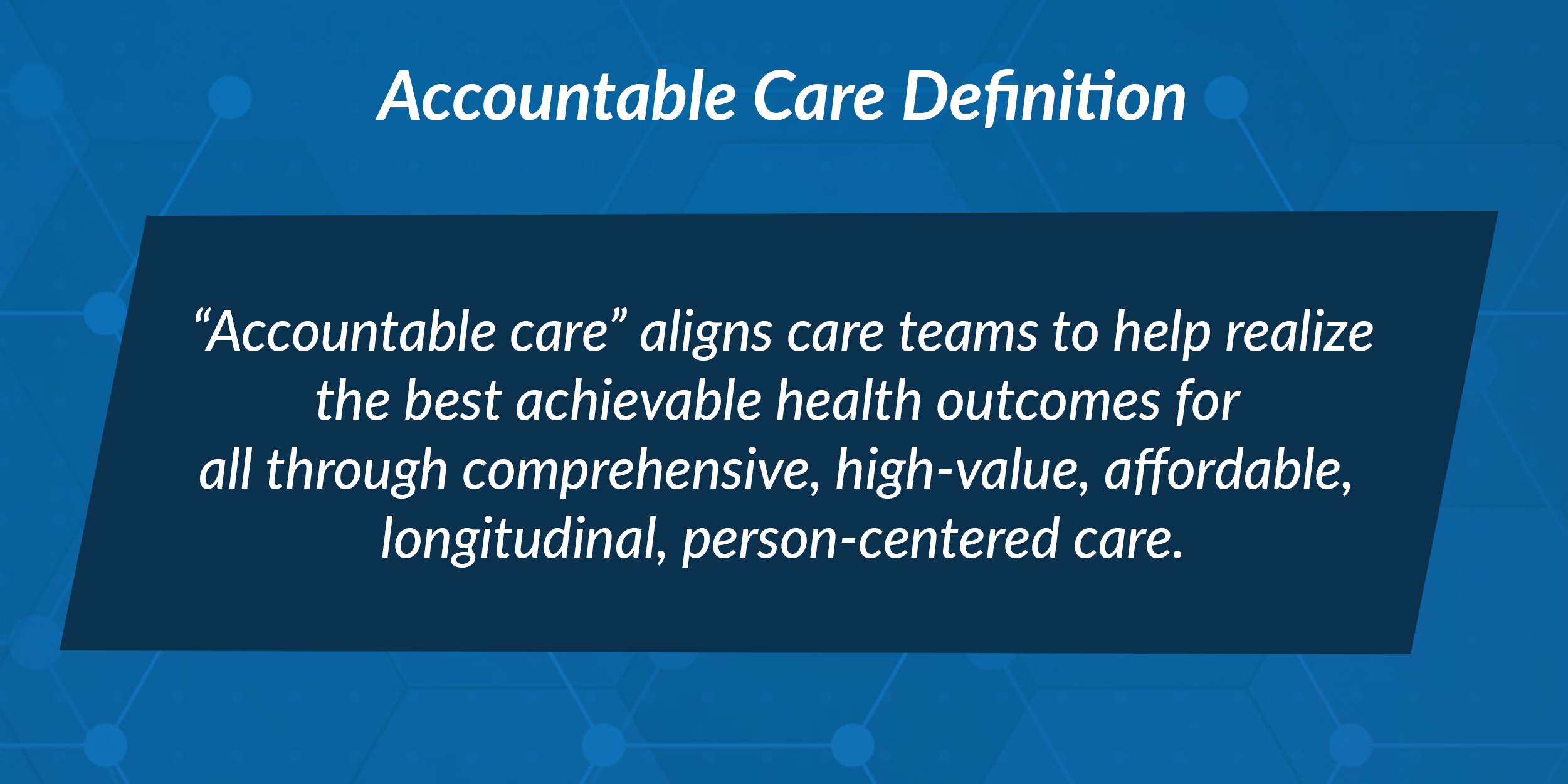
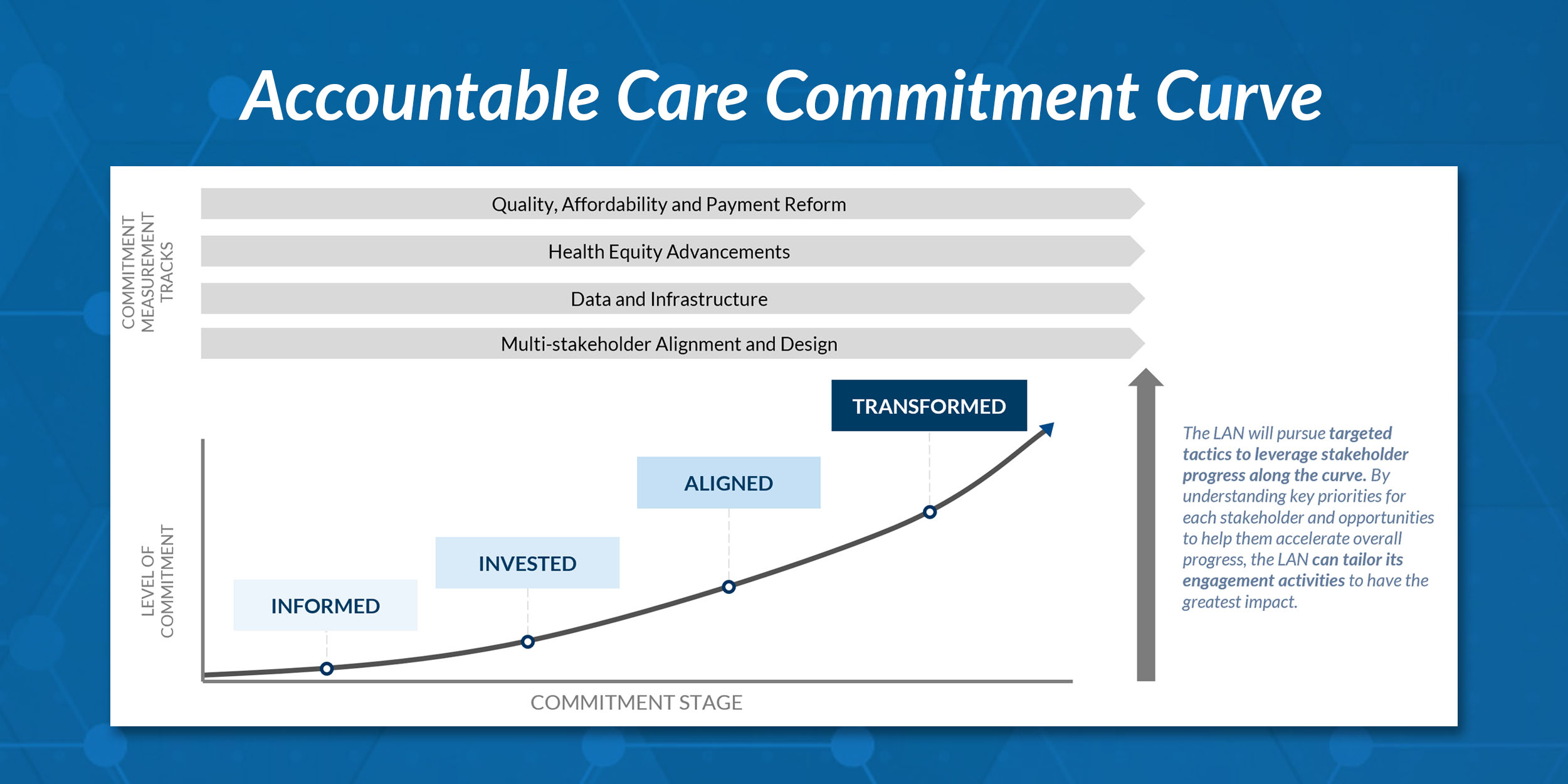
 Dr. Peter Walsh joined the Colorado Department of Health Care Policy and Financing as the Chief Medical Officer on December 1, 2020. Prior to joining HCPF, Dr. Walsh served as a Hospital Field Representative/Surveyor at the Joint Commission, headquartered in Oakbrook Terrace, Illinois.
Dr. Peter Walsh joined the Colorado Department of Health Care Policy and Financing as the Chief Medical Officer on December 1, 2020. Prior to joining HCPF, Dr. Walsh served as a Hospital Field Representative/Surveyor at the Joint Commission, headquartered in Oakbrook Terrace, Illinois.





